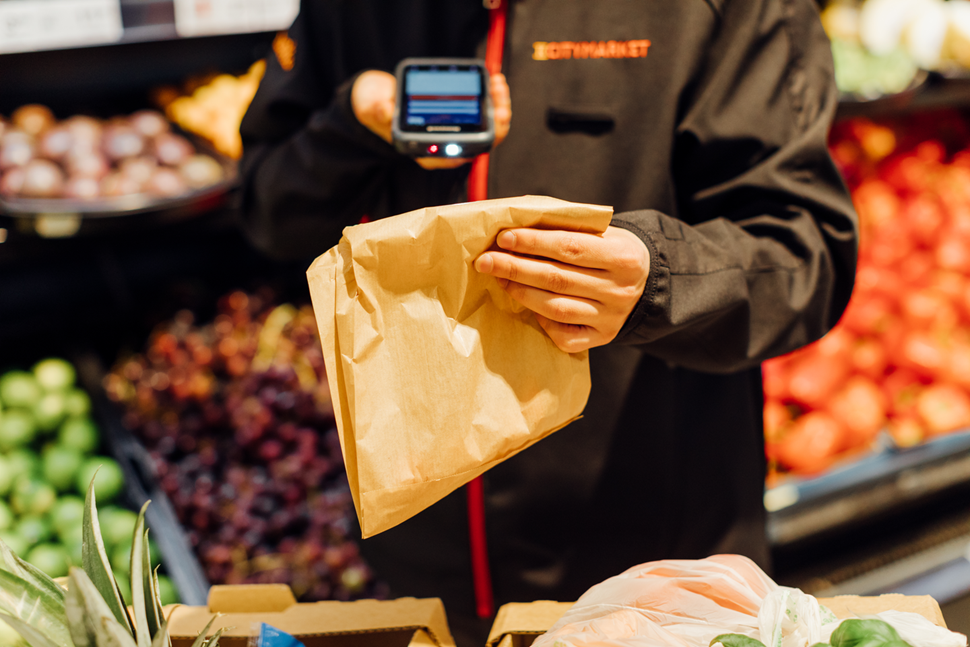
Noomi Järgerhorn (M.Soc.Sc.) has been appointed as Kesko’s Vice President of Sustainability. She will join the company on 1 May 2025, and assume her new position on 1 June 2025 at the latest.


Consumers want their food packaging to be easy to recycle and to contain as little plastic as possible. Product packaging development at K Group is based on our plastics policy and packaging policy. Our main objective is to reduce plastic in our own brand product packaging, and make all the packaging either recyclable, biodegradable or reusable by the end of 2025.
In line with our plastics policy, in 2020 we have made changes to the packaging of some 60 of our own brand products in the grocery trade. This has reduced the use of plastic by over 300 tons, which means that we are 40% closer to achieving our goal. The amount of plastic saved equals to 14 million plastic carrier bags.
During the year, we have reduced the use of plastic in the packaging of, for example, Pirkka berries, minced meat, milk drinks, chilli, parsley, dill, salad and some mushrooms. New products, such as organic Pirkka apricots, nectarines and grapes, come in recycled plastic packaging. Recycled plastic has also replaced plastic as the packaging material for Pirkka detergents, fabric softeners and dishwashing liquids, among other products. We have also piloted a new Finnish packaging material made of certified softwood pulp for the packaging of Pirkka rosebud begonias.
“Circular economy is the guiding principle for our packaging development. We recently discovered we could reutilise packaging film used in roll containers in our stores as packaging material for Pirkka toilet paper and kitchen roll. We are constantly trying to identify similar waste material flows that we can smartly reutilise,” explains Timo Jäske, Vice President of Sustainability for K Group’s grocery trade division.
K Group not only engages in its own packaging development, but also collaborates with others, with the aim of adding products with bold and innovative material usage to its store selections. One example of this are the Moomin chocolate drops by Fazer, which are the first foodstuff to be packed in wood-based, recyclable Paptic Gavia® material, and sold in K-food stores.
The most important job for packaging is to protect the product.
“Packaging development is a balancing act. Plastic is not always a bad thing: it provides effective protection for food products, and thus helps to reduce the amount of food that goes to waste. In terms of burden on the environment, food waste is even worse than plastic. We therefore have to carefully consider when it is necessary to continue to use plastic, where we can replace it, and how we can ensure it is efficiently recycled,” says Jäske.
From an environmental perspective, the key issue is what happens to packaging afterwards: is it recycled or not. Plastic and other packaging materials must be sorted correctly so that they can be reutilised. The more materials are recycled, the less we need to produce new materials. Every link in the chain is important in circular economy.
“Part of our efforts to develop the packaging of our own brand products is to make the instructions on how the packaging should be recycled as easy as possible to understand. The Rinki eco take-back points located at our stores make it easy to recycle consumer packaging, and studies show that our customers appreciate that. There are already more than 400 Rinki eco take-back points at K Group store locations around Finland, 230 of them enabling the recycling of plastic,” says Jäske.
 YES
YES
 NO
NO